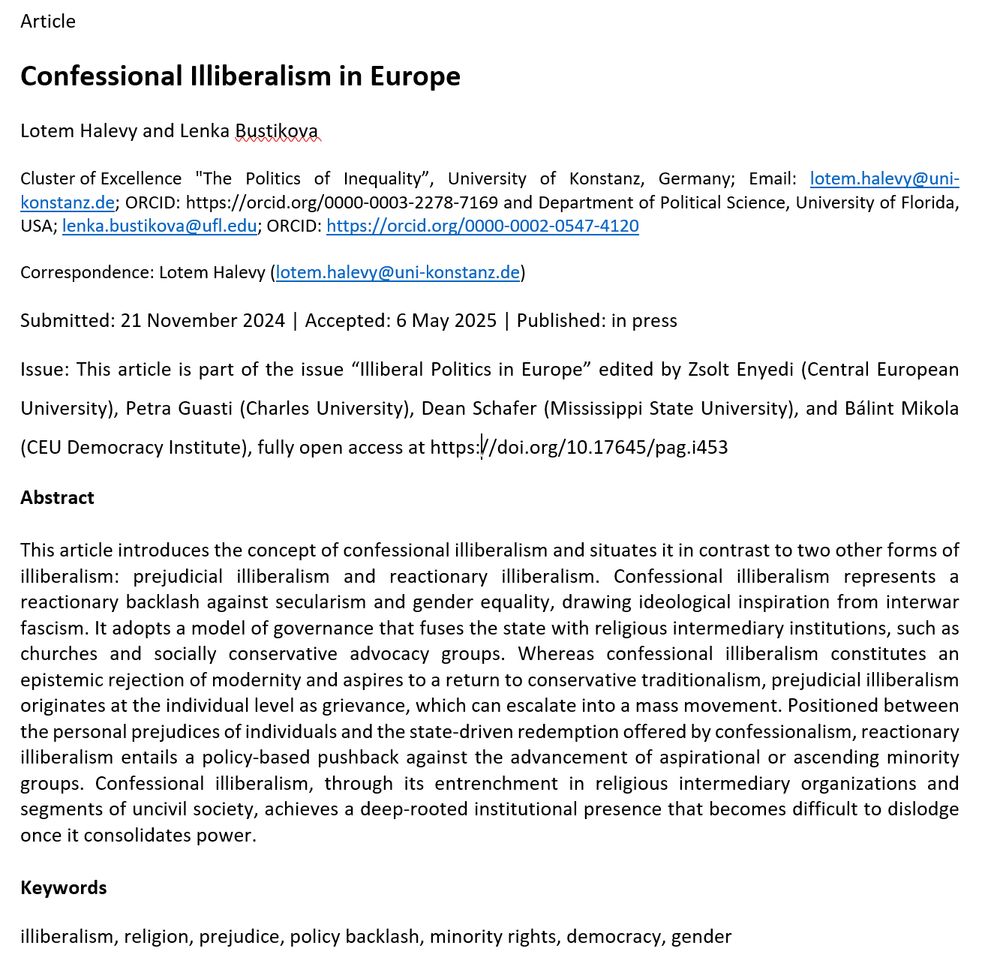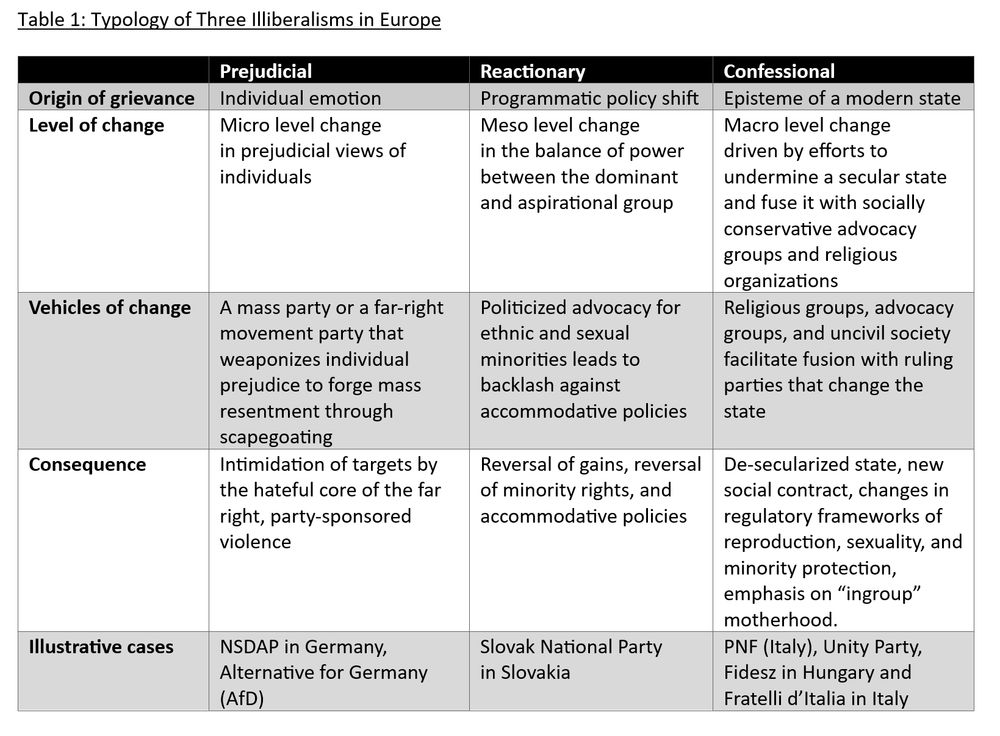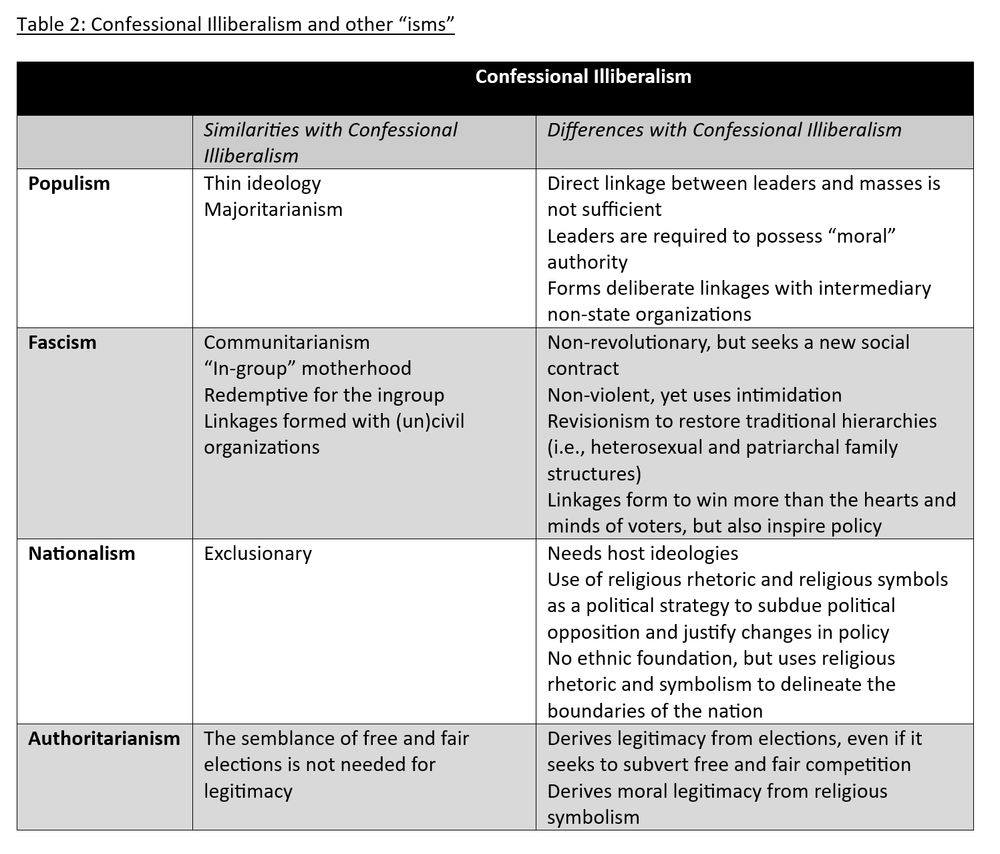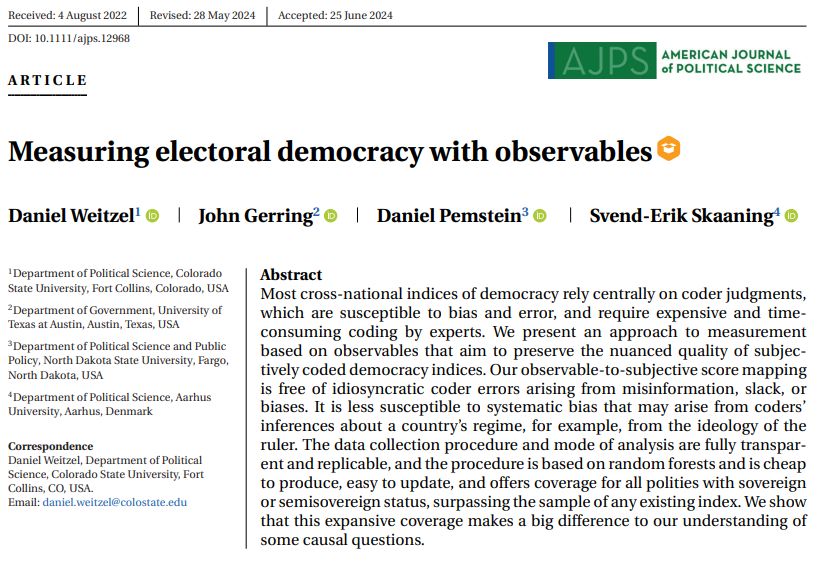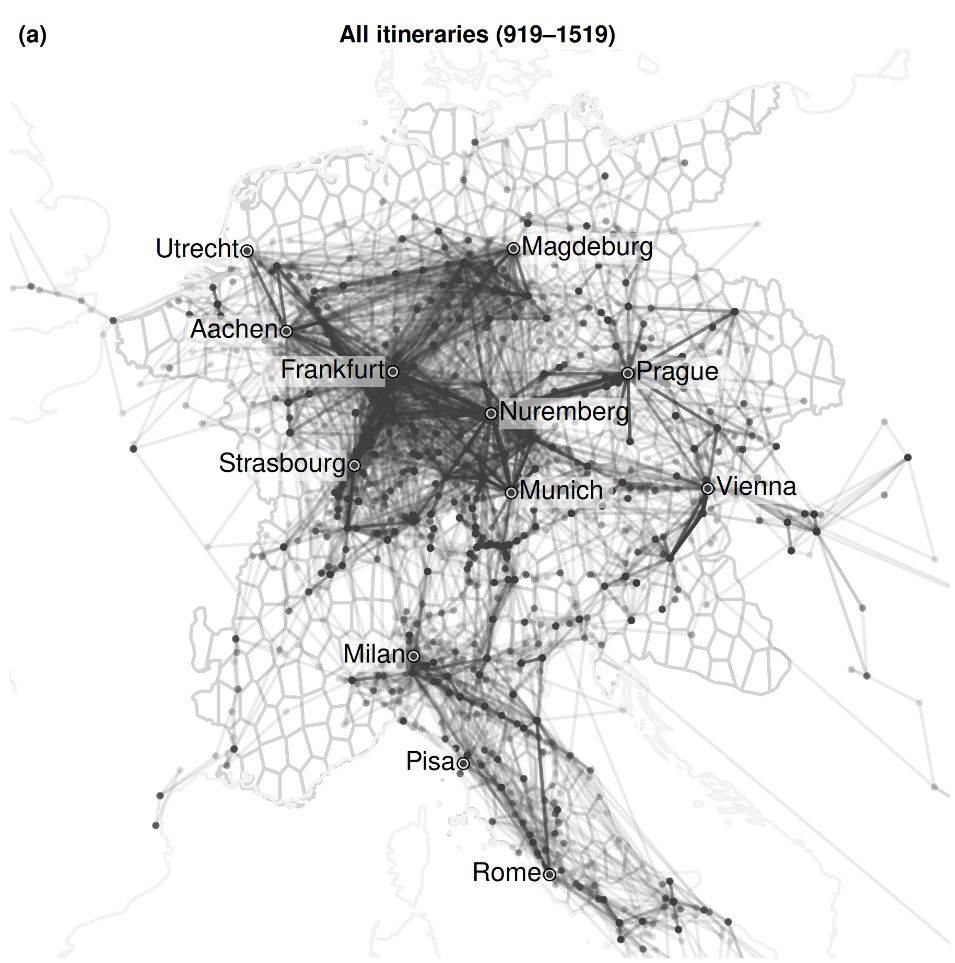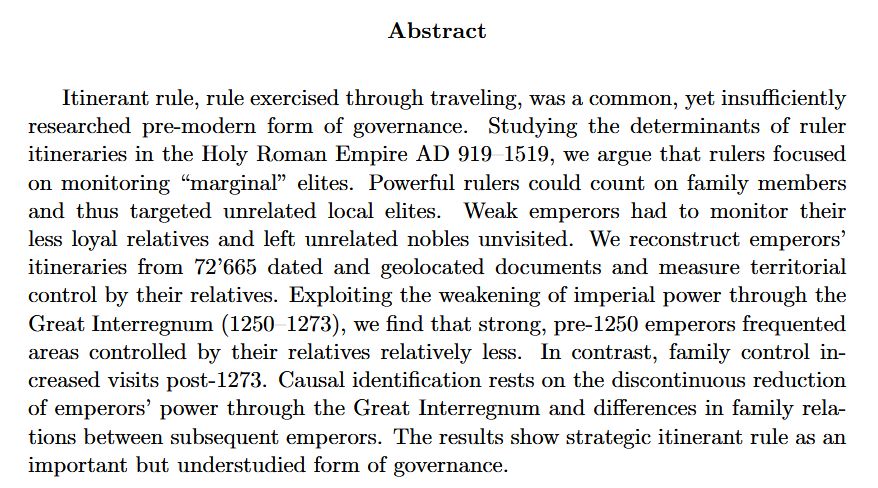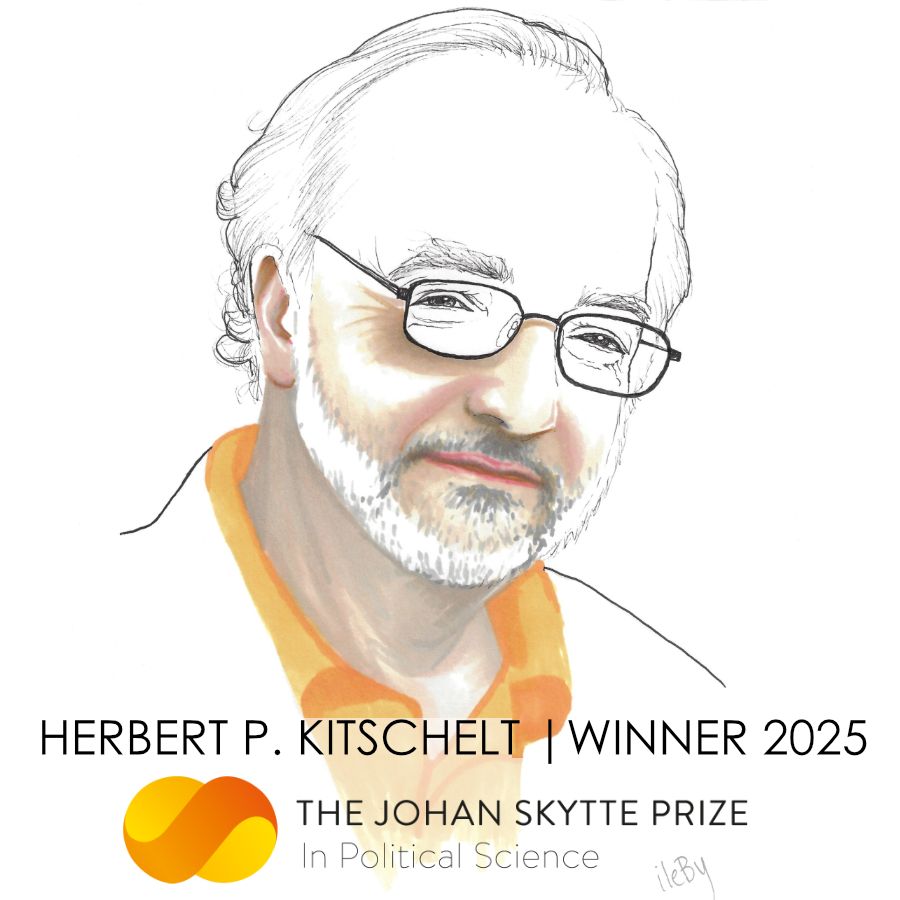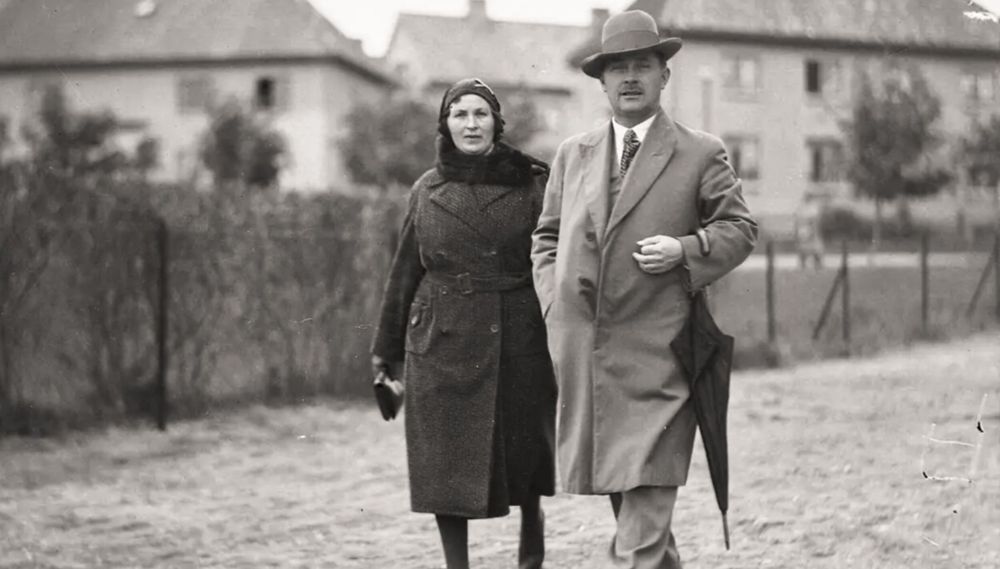Jonathan S Doucette
@jdoucette.bsky.social
1.1K followers
330 following
98 posts
Associate Professor, Department of Politics, Aalborg University. My research examines religion, historical regimes, state formation, and democratization.
Personal website: https://t.co/M1J5XAy13P
Posts
Media
Videos
Starter Packs
Reposted by Jonathan S Doucette
Reposted by Jonathan S Doucette
Reposted by Jonathan S Doucette
Reposted by Jonathan S Doucette
Joe Noonan
@joenoonan.se
· Jul 23
Reposted by Jonathan S Doucette
Reposted by Jonathan S Doucette
Reposted by Jonathan S Doucette
Reposted by Jonathan S Doucette
Reposted by Jonathan S Doucette
Reposted by Jonathan S Doucette
Reposted by Jonathan S Doucette
Reposted by Jonathan S Doucette
Reposted by Jonathan S Doucette
Reposted by Jonathan S Doucette







